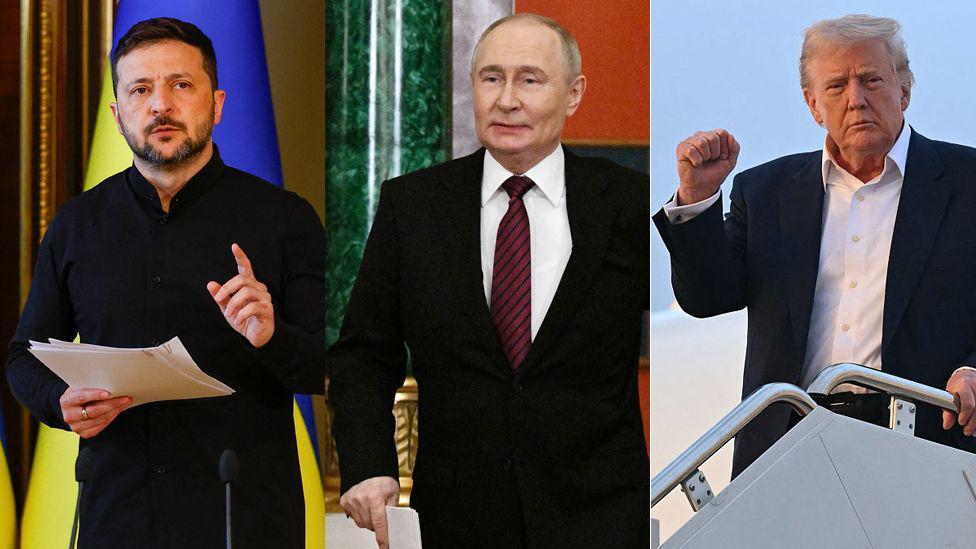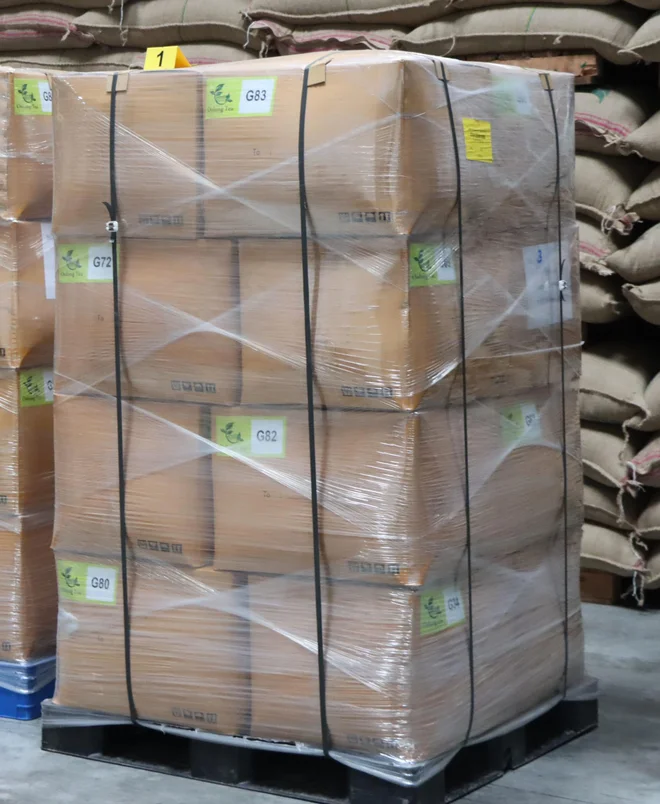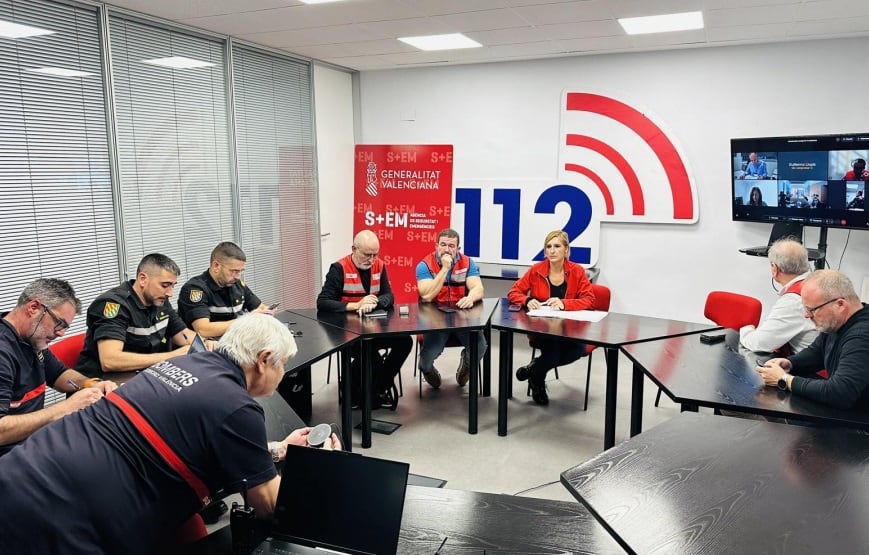Why vote, even in the smaller evil?

António Barreto, like few, recently brought to the public debate the reality of the current legislative campaign, classifying it, owned it as another political opportunity-wasted. The well -known sociologist, who has forgotten what many have not even learned, has described with eloquence and lucidity the way the country is being dragged to another soul -free electoral exercise, without ideas and without courage. I dare not imitate it, but I follow it without reservation in the diagnosis: this campaign has been marked by a character washing in the public square, a succession of strategic silences about the real problems of the country and the world, filled with phrases made and stagings that little clarify who observes and even less convince the indecisive.
Instead of a serious confrontation of ideas about economics, defense, health, education or justice, we have seen a parade of slogans, ad hominem attacks, and embodied marketing strategies. The content is replaced with performance, and the error is avoided with so much zeal that it abdicates the proposal.
This discursive emptiness is in itself deeply revealing. Politics, which should be an exercise of vision and responsibility, has become an art of pure calculation. Communication replaced the content. The fear of making mistakes became greater than the desire to propose. And the candidates, more than lead, seem to fear their own shadow. The lack of quality of political supply is reflected in a fragmented, disappointed and exhausted country.
Abstention, routine in the last elections, is not just a sign of protest: it is the mirror of a people who begins to believe that voting is no longer for anything. And this is perhaps the greatest threat to democracy: the erosion of faith in its usefulness. When confidence is lost in politics, there is room for cynicism, populism, extremism and noise. And that is what is at stake. It is not just about choosing who will rule. It is about preventing emptiness from becoming new normality.
But how to vote? In whom? What idea of the future? Parties reject open to internal democracy, abhor open primary elections, prevent the renewal of their staff, and block the reform of the electoral law. The result is known: closed lists, loyalty -chosen candidates, electoral circles that make emerging parties unfeasible. We voted for a brand without knowing what is inside the package.
Post-election scenarios are anything but promising. An absolute majority seems unlikely. A left coalition would require census to radicalisms that have already proven not to work. An alliance to the right may imply commitments with equally radical forces that do not hide its imprisonment to govern. The risk of political blockade is real. And if so, we will be condemned to new elections – where everything will be repeated, perhaps to worse.
And here, they will ask: how to get out of this state of art? If the installed parties that are in this logic of power by power do not reform or accept to be renovated, it is necessary to create disruption of the system. Create disruption in the Portuguese political-political system-or in any mature democracy, stuck to dynamics of turnover without renewal-requires a combination of institutional courage, civil mobilization and legislative innovation. Do not understand disruption as a synonym for chaos. Yes, it means breaking with the routine without destroying the structure. Portuguese democracy does not need to be replaced – it needs to be revived with ideas, methods and people who have not yet given up. But this disruption has to come from outside in, with ethics, intelligence and persistence. The current vicious cycle must be broken through civic movements, anchored in reality. Citizens recognized for their integrity and knowledge concerned not to gain votes, but to gain respect and future for the country. We have to create pressure from the outside in, because they feel they are well. No current governance party is available for an interpartary ethical pact with minimum commitments: less positions and more competence, political exercise turnover, financing transparency, open internal elections, mandatory primary, exclusion of corruption, merit in replacement of the Company, among others. None are available to propose a legislative initiative in Parliament to discuss and vote on a new mixed electoral system model that combines uninominal circles with at least national proportional compensation. This system already successfully exists in Germany or New Zealand, and could be proposed based on a tested model. Disruption to force the system to abandon the traditional “partidism” of the usual ones, those who only use it and get a new democracy that acts as a bridge between citizens and the state and conquer those who want to serve the country and know how to put it as a model in Europe. We will see what comes out of this electoral act, in this campaign that, as Barreto has classified it, “another lost opportunity”.
For now, in this context, it remains to vote with the certainty that voting is more than one right: it is a strategic duty. For many, it will be a difficult choice, made with more doubts than certainty. Voting in “minor evil” is not giving up: it is resisting. It is sad to have to recognize it, but nothing else remains if you choose, as lucidity as possible, who even can guarantee some stability, some decency and some commitment. Because if we do not vote, others will decide for us. And perhaps they are people who do not share our values, our fears or our hopes. Democracy is far from perfect, but it remains the best instrument to prevent the country from surrendering to demagogy and despair.
On Sunday, we vote. Even if with anger. Even with discouragement. Even if in the smaller evil, but with the awareness that staying at home will never be a neutral act.
Colonel








